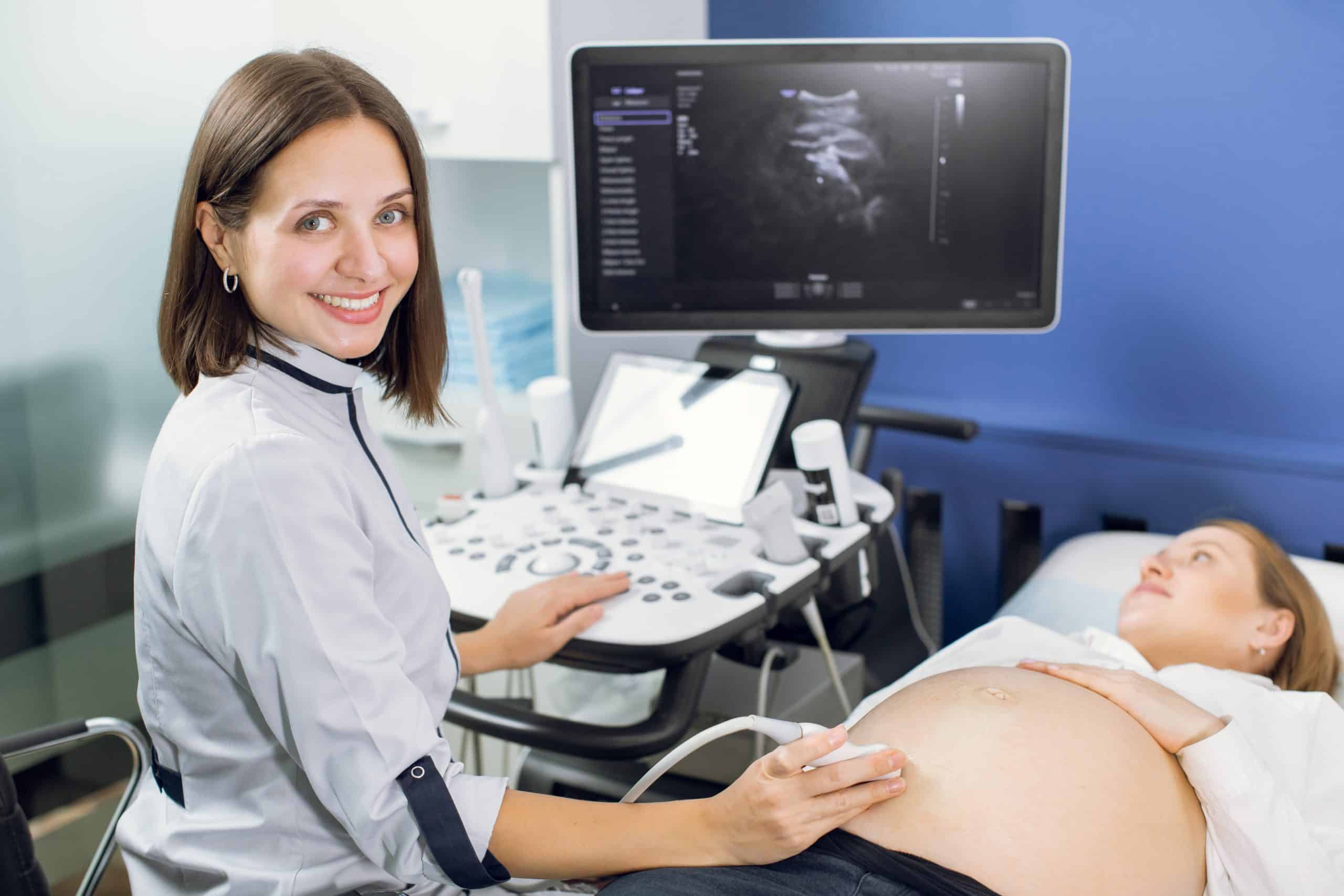Ultrasounds are one of the most common ways expectant parents learn about their baby’s development, including the exciting revelation of the baby’s gender. But how accurate are ultrasounds in determining fetal gender? This guide breaks down the science, common factors that affect accuracy, and tips to ensure the best results.
Ultrasound gender predictions rely on high-resolution imaging technology, which allows certified ultrasound technicians to examine the baby’s anatomy. The process is generally reliable, but several factors can influence its accuracy. Understanding these factors can help parents approach the results with confidence.
When Can Ultrasounds Predict Baby’s Gender?
The baby’s gender can often be determined during a routine ultrasound around the 18-20 week mark of pregnancy. In some cases, early gender determination ultrasound packages can offer predictions as early as 14 weeks using advanced techniques like 3D and 4D ultrasound imaging. High-resolution ultrasounds provide clearer images, improving the chances of accurate identification.
What Affects the Accuracy of Ultrasound Gender Predictions?
The accuracy of fetal gender determination can vary depending on specific factors, including:
- Gestational Age: The baby’s anatomy may not be fully developed or visible in earlier stages, making it harder to determine gender.
- Baby’s Position: If the baby is curled up or in a position that obscures their genital area, the technician may struggle to get a clear view.
- Amniotic Fluid Levels: Adequate fluid helps enhance imaging clarity, which can improve the accuracy of gender prediction.
- Experience of the Technician: Certified ultrasound technicians trained in gender reveal services are more likely to provide accurate results.
- Equipment Quality: Clinics with advanced equipment, including 3D and 4D ultrasound technology, tend to produce more reliable results.
How Accurate Are Ultrasounds in Determining Gender?
Ultrasound gender predictions are generally up to 95% accurate when conducted at the appropriate time with optimal conditions. However, no method is entirely foolproof. Misinterpretations can occur due to the factors mentioned above, which is why many parents wait for confirmation before making plans like gender reveal celebrations.
Tips for Accurate Fetal Gender Determination
- Choose the Right Time: Schedule baby gender ultrasound appointments during the 18-20 week period for the best accuracy.
- Pick a Trusted Clinic: Look for the best clinics for fetal gender determination that offer affordable ultrasound gender reveal services and employ certified ultrasound technicians.
- Ask About Equipment: Clinics with high-resolution ultrasound technology or 3D and 4D imaging capabilities provide a clearer view of the baby’s development.
- Be Patient: If the baby’s position doesn’t allow for clear imaging, your technician may ask you to return for another session.
Booking Your Ultrasound Gender Prediction
If you’re ready to discover your baby’s gender, consider booking gender prediction ultrasound services. Many clinics offer early gender determination ultrasound packages tailored to parents eager to find out. With accurate fetal gender ultrasound services available, parents can confidently celebrate their upcoming arrival.
For those in Toronto, finding a trusted clinic offering affordable and accurate ultrasound gender reveal services near you is easy. Schedule your appointment today and experience the joy of seeing your little one while learning about their gender. Certified technicians, advanced technology, and a supportive environment ensure you have a memorable and reliable experience.




